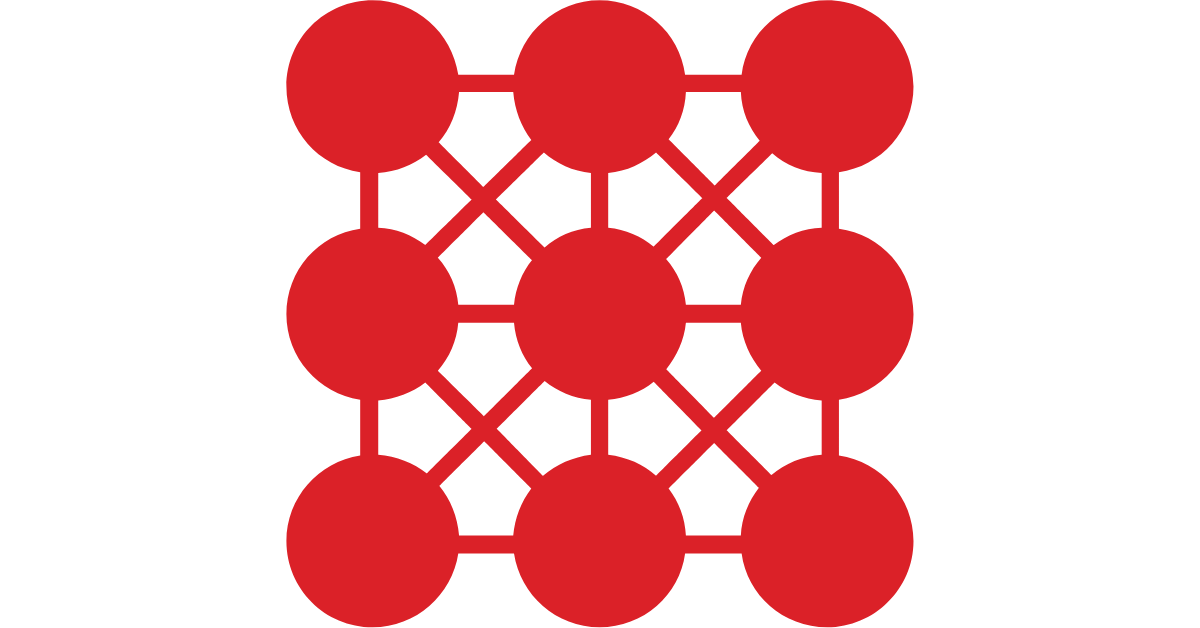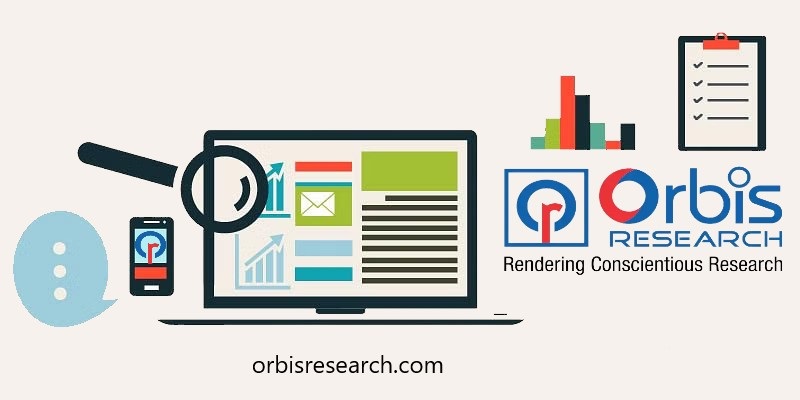When it comes to PPC metrics, cost-per-click (CPC) is a bit of a crowd favorite, thanks to its direct influence on cost and return on investment (ROI).
But, it’s also the difference between a well-managed budget and an ROI nightmare. Finding that sweet spot is no easy task. So, we’re here to dive into the meaning of CPC, its significance and how to lower it while still getting the results you want.
We’ll be answering some of your burning CPC questions, including:
What is cost per click?
Cost per click (CPC) is the fee you pay for each click in your pay-per-click (PPC) campaigns.
Whether you’re placing an ad on Google, Bing or social media platforms like Facebook or Instagram, it’s an essential metric in the PPC universe.
Beyond telling you how much you’re paying for each click, it’s a great guide for which keywords or targeting options are the most lucrative for your budget and which are just draining it. Without this information, you’re basically shooting in the dark with your PPC strategy.
How is CPC determined?
Firstly, when you bid on a keyword or set of targeting options you are placing a maximum amount that you’re willing to pay. You will not always pay the maximum.
Also, don’t worry about your budget running away with itself – you can set a daily budget or maximum spend. Once the limit has been reached, advertising will stop for that day. Phew!
Depending on the advertising platform, how much you pay per click works off different models. However, it’s generally run on an auction-based system where, naturally, the highest bidder gets center stage for their ads.
How to calculate cost per click
The cost per click formula is dividing the total cost of clicks by the total number of clicks your campaign received.
For example, if your ad campaign total was $100 and you got 200 clicks, your CPC = $0.50.
Top Tip: Regularly using this CPC calculation formula helps you spot changes or trends in your ad campaign costs, so you make timely adjustments to strategy or budget and stay ahead of the curve.
Google Ads cost per click
When it comes to Google Ads, your ‘actual CPC’ is determined by a number of things. As we said earlier, you don’t always pay the maximum bid you set.
Google wants the very best quality experiences for users, so will offer a lower CPC for websites that have a better landing page experience, ad relevance and higher expected click-through rate (CTR). Their advanced algorithms will look at these elements and then work out the actual CPC you pay.
They also take into account things like the searcher’s intent and the context of their search, which could depend on location, device and search terms used.
Focusing on the quality and relevance of your CPC ads may seem like basic advice but it’s often overlooked. It has a huge impact on CPC and your overall ad performance, and could lead to new heights of ad visibility – which is crucial for staying competitive!
Top Tip: Remember that relevance reigns supreme, even after your audience has clicked through. The landing pages must be highly relevant to the keywords you’ve selected.
Facebook cost per click
Facebook’s PPC platform is known for its advanced targeting options, so take full advantage of this to really zero into your audience’s demographics, behaviors and interests.
Firstly, this minimizes wasted clicks because your super targeted ads are likely reaching the right people at the right time, immediately lowering your CPC.
Top Tip: Explore the Ad Scheduling feature on Facebook to discover peak engagement times and schedule your CPC ads to run during those times. Do the same with Ad Placement data and gauge whether the News Feed, right column or audience network is getting the most attention and focus your efforts there.
Next, you have to draw them in with compelling, visually appealing ads to really hook them in.
Remember, it’s a video world and we’re just living in it, so don’t forget to include captivating images and videos wherever possible. Give the people what they want!
The other hurdle is aligning your landing page with your audience’s expectations. If you lose them as soon as they click-through, you won’t get that all-important conversion and your ads will have a lower ad relevance score on Facebook – you’re paying for clicks with no conversion.
Like Google, Facebook has an ad relevance score and if there’s a consistent lack of engagement past the initial click, this will push up the price of your CPC.
What is a good CPC?
It’s not one-size-fits all when it comes to a good CPC or an average CPC. It depends on things like your industry, location and how competitive your keywords or targeted parameters are.
However, simply put, a good CPC is one that results in either great visibility for your brand or great ROI for your business. With, ideally, as little effect on your budget as possible.
Sounds like a piece of cake, right? Well not exactly. But fear not, Similarweb’s Digital Marketing Intelligence (DMI) platform is here to save the day.
How to lower your CPC with Similarweb
Similarweb’s DMI platform works a bit like a magnifying glass.
You can use it to zoom in on every corner of your competitors’ paid search strategy, closely examining details of their CPC, bidding strategy and keyword choices.
How to research the PPC competitive landscape
Here, using the PPC Competitor Analysis platform, you can search for a competitor and find out which keywords they are bidding on. You’ve got a front row seat to what may, or may not, be driving their success keyword-wise.
Especially when looking at industry leaders, there’ll be keyword strategies worth replicating. With this keyword data, you’ll find a path already carved for you, waiting only for your tweaks to make it work for your business and audience.
You’ll be able to dig into each keyword and the associated search volume, CPC and traffic and use this information to cherry-pick which keywords best suit your goal and budget. With this super focused, strategic approach, just watch that CPC get whittled away!
Top Tip: Save yourself from potentially expensive CPC pitfalls with this clear map of their past mishaps. Watch them drain their budget, while you deftly sidestep unnecessary spending to get the best value CPC, for the best results.
Get smarter with your PPC keyword research
There are some important differences between SEO and PPC keyword research that are key to keeping CPC under control. So, getting a brief overview of how to conduct PPC keyword research is the first important step.
Next, use our Keyword Generator tool to:
1) Understand user intent
By analyzing the intent behind a users’ searches – whether it’s transactional, informational etc. – you can prioritize keywords that have a higher purchase intent. By focusing on these high-intent keywords, you can attract users who are more likely to convert, leading to a higher click-to-conversion ratio and lowering your cost per conversion (and in turn, your CPC.)
2) Analyze search volume
Dive into search volume data to hunt down less competitive keywords that have sufficient search volume (which are likely to have lower bidding competition) ultimately helping to lower CPC and optimize your advertising budget.
3) Discover seed and long-tail keywords
By digging into a mix of seed keywords and specific long-tail keyword variations, you can target niche and less competitive keywords. These keywords often have lower CPC due to reduced bidding competition, enabling you to optimize your budget and reach a more targeted audience.
4) Check for organic overlaps
By identifying keywords that drive both organic and paid traffic, you can strategically optimize your bidding and ad targeting. Spotting organic overlaps allows you to reduce reliance on paid search for those keywords, lowering your CPC as you’ve captured organic traffic without needing to compete for every click.
So, to wrap things up nicely…
We’ve uncovered what CPC is, why it’s such a popular PPC metric and learned some strategies to help you lower CPC and achieve better results.
By understanding user intent, analyzing search volume, and discovering seed and long-tail keywords, you can prioritize high-purchase-intent keywords, target less competitive options, and optimize your advertising budget.
FAQs
What is CPC in digital marketing?
CPC is the fee you pay for each click in your pay-per-click (PPC) campaigns. It’s an essential metric that tells you how much you’re paying for each click and helps guide you in choosing lucrative keywords or targeting options within your budget.
How do you calculate CPC?
To calculate CPC, divide the total cost of clicks by the total number of clicks your campaign received. For example, if your ad campaign total was $100 and you got 200 clicks, your CPC would be $0.50.
What is a good cost per click?
A good CPC varies depending on industry, location, and competitiveness of keywords or targeted parameters. The same goes for an average cost per click. Generally, a good CPC is one that results in great brand visibility or excellent ROI, while having minimal impact on your budget.
How can Similarweb’s DMI platform help lower CPC?
Similarweb’s DMI platform provides valuable insights for lowering cost-per-click. It allows you to research the PPC competitive landscape, discover successful keywords used by competitors, and identify less competitive keywords with higher purchase intent. By optimizing your bidding strategy based on this data, you can lower your CPC and maximize the value of your ad spend.
https://www.similarweb.com/blog/marketing/sem-ppc/what-is-cpc/






